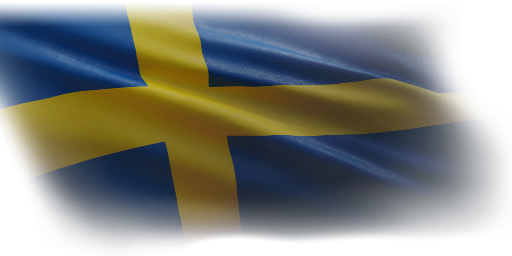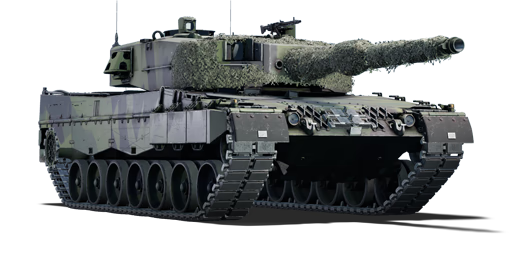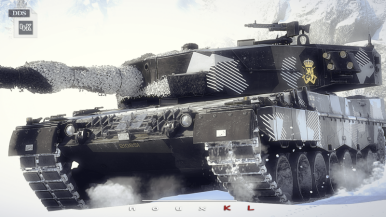The Christian II was an upgrade package for the Strv 121 to meet the standards of the Strv 122. However, due to the Defence Act 2004, most Strv 121s were already in storage since the 2000s due to the widespread adoption of the Strv 122, which rendered the upgrade package obsolete. The upgrade project was abandoned with only one prototype made to this standard. The Christian II's upgrade was mostly notable in receiving the Galix smoke launcher system, improved electrical components to the turret enhancing overall performance, a reversing camera, and improvements to the maintenance of the vehicle which streamlined vehicle upkeep.
Introduced in Update "Alpha Strike", the Christian II bolsters the Swedish line with a good all-around vehicle for players to grind with. Due to its similarity to the Strv 121 and other Leopard 2s, experienced players find it familiar to use, but newer players may struggle to adapt to the gameplay dynamic of the higher tiers. The Christian II is an excellent all-round vehicle, with the mobility to get to desired locations on the map with ease. The 120 mm cannon has excellent firepower to deal with most other MBTs, but still needs to take care in aiming for the weaker parts of armour, as the penetration can be a bit lacking for more well-protected targets. The Christian II is best used in positions where its hull is not exposed to hostile fire; the strongest part of the vehicle is its turret which can survive being hit better than the hull, so using surrounding terrain to its advantage to peek and fire then get back into cover will improve the gameplay of the vehicle. However, even if there is no sufficient cover for the vehicle, it can still put up an fight and do well.










 2 x (155 / 200 / 250) %
2 x (155 / 200 / 250) % 
 2 x 238 %
2 x 238 % 

